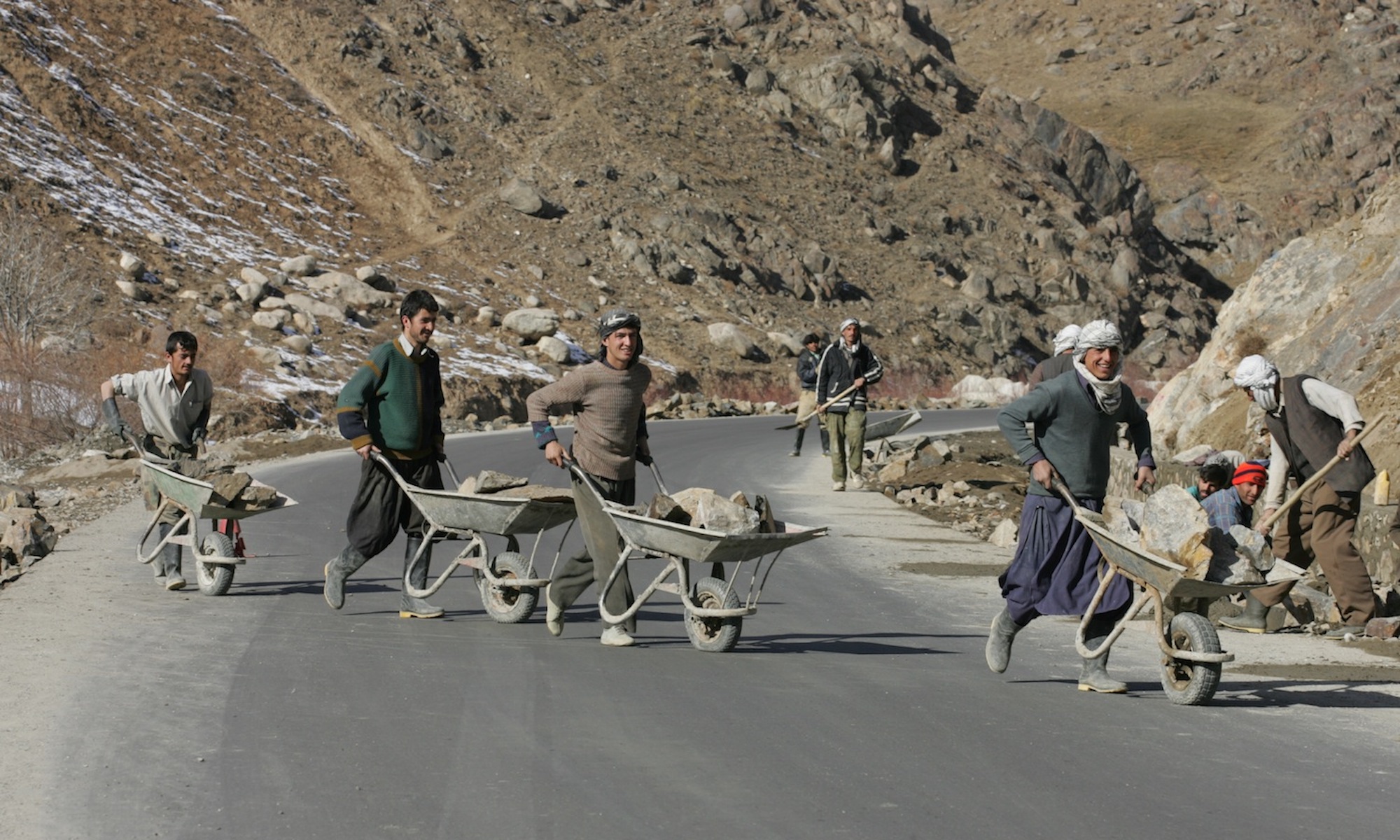Kashmir: New Voices, New Approaches
Uniquely representing all sides in the conflict over Kashmir, this innovative new book provides a forum for discussion not only of existing proposals for ending the conflict, but also of possible new paths toward settlement. Contributors from India, Pakistan, and Kashmir explore the subnational and national dimensions of the ongoing hostilities, the role of the international community, and future prospects. The result is an informed overview of the present state of affairs – and a realistic examination of the potential for peaceful resolution.
Rather than nation-building, the rule of law was the framework for my volunteer service. Consistent with ISLP’s mission, I was volunteering in order to support and advance the rule of law in India. My specific assignment was to provide “senior lawyer” assistance to a group of public interest lawyers who handled human rights cases on behalf of the poor. Given the facially healthy appearance of India’s democratic institutions, I assumed that the rule of law issues embedded in that work would be somewhat nuanced and subtle, well along a continuum of rights and principles that had already been established. However, as I was to discover, many rule of law principles in India are at a more nascent stage of development. It is true that virtually all of the fundamental legal principles associated with a democratic system of law are eloquently articulated in India’s Constitution, codes, and judicial opinions. However, many of these laws-especially those affecting individual rights and protections- are so unevenly and inadequately enforced that they effectively do not exist for large segments of India’s population. The size of the gap between the law on the books and its access by and application to all levels of a society is one crucial indicator of a country’s progress on the rule of law continuum. By that measure the nation of India, while not outside intervention or fundamental restructuring, is still in the building process.
